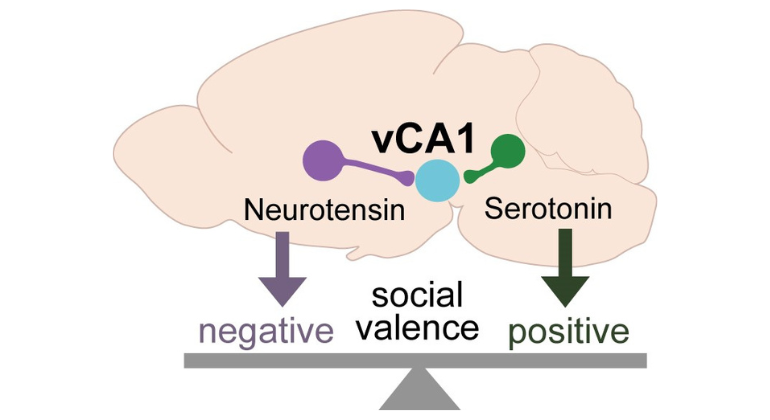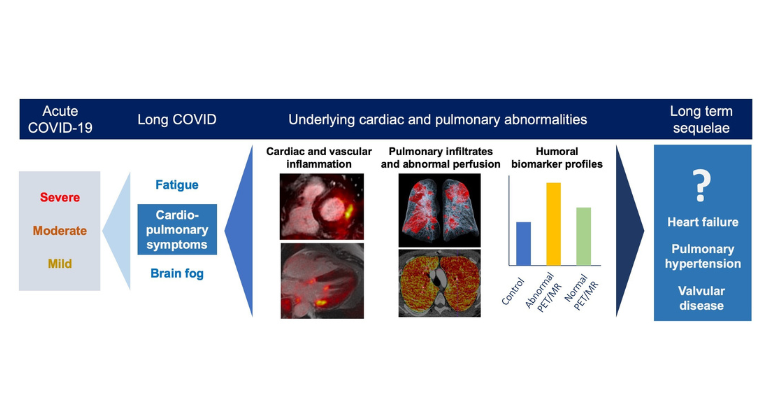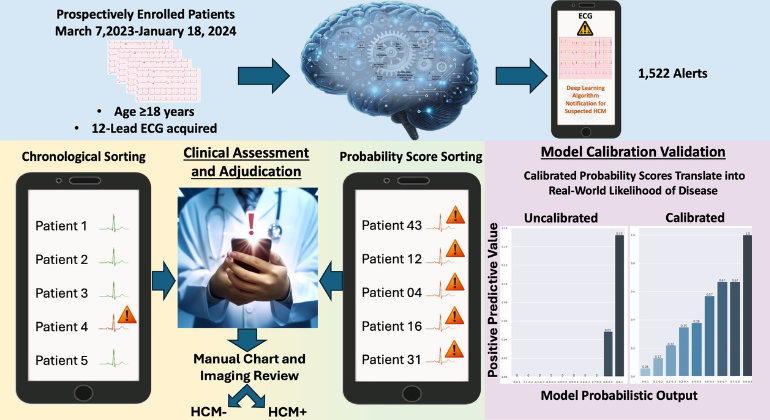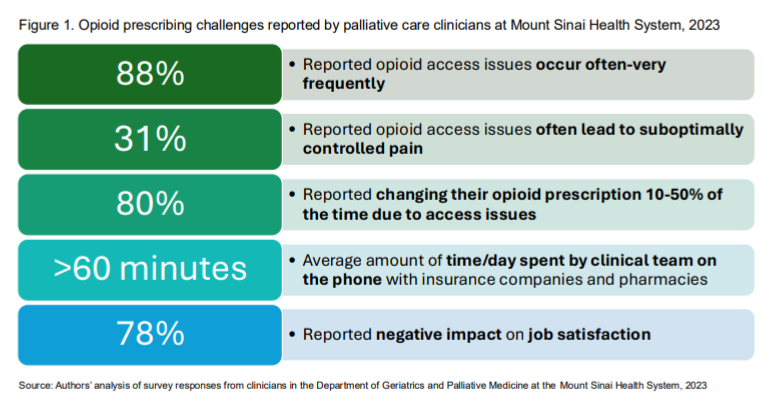Researchers Identify New Therapeutic Targets to Improve Pain Management After Chronic Morphine Administration
Researchers identified changes in the brain and spinal cord that occur during the development of morphine tolerance, providing a therapeutic target for preventing it.
Researchers from Mount Sinai School of Medicine have discovered a major mechanism underlying the development of tolerance to chronic morphine treatment. The discovery may help researchers find new therapies to treat chronic pain, and reduce tolerance and side effects associated with morphine use. The findings are published in the July 20th issue of Science Signaling.
Overcoming tolerance to morphine after chronic administration has been a persistent problem in treating patients with severe pain, including those with cancer and neuropathy and recovering from major surgeries. After a week of morphine use, its effectiveness decreases as patients build tolerance, and patients also experience negative side effects like addiction and constipation. Researchers at Mount Sinai have identified changes in the brain and spinal cord that occur during the development of morphine tolerance, providing a therapeutic target for preventing it and allowing for the identification of new therapies to treat pain with fewer side effects.
Led by Lakshmi Devi, PhD, Professor of Pharmacology and Systems Therapeutics at Mount Sinai School of Medicine, the research team studied changes in the abundance and signaling properties of a protein complex containing two different types of opioid receptors in the brains of mice. The protein complex, called a heterodimer, is made up of the mu receptor and one other opioid receptor called the delta receptor. After using a clever strategy to develop selective antibodies for the detection of the heterodimer in vivo, they found that this protein complex excessively accumulates in areas of the brain that process pain. Previous studies from Dr. Devi’s lab have shown that signaling through this complex is associated with a reduced responsiveness to morphine over five days of treatment. Therefore, it is likely that the accumulation of this complex in pain-processing brain regions may be the cause of the development of morphine tolerance.
"We found that the brain selectively responds to chronic morphine by increasing heteromer abundance, blocking individual receptors from signaling the analgesic response to morphine," said Dr. Devi. "Now that we have identified a signaling complex associated with morphine tolerance, we can develop a drug that will block the delta receptor within this complex, allowing the mu receptor to signal for pain reduction." Dr. Devi’s team will also work to find a drug that binds to the mu-delta receptor complex so that they can study how this receptor complex presents itself in other diseases as well.
"This finding may apply to more than just opiates," continued Dr. Devi. "We look forward to studying the behavior of similar receptor complexes in diseases like obesity, alcohol-induced liver fibrosis, and neuropathic pain itself."
About The Mount Sinai Medical Center
The Mount Sinai Medical Center encompasses both The Mount Sinai Hospital and Mount Sinai School of Medicine. Established in 1968, Mount Sinai School of Medicine is one of few medical schools embedded in a hospital in the United States. It has more than 3,400 faculty in 32 departments and 15 institutes, and ranks among the top 20 medical schools both in National Institute of Health funding and by U.S. News & World Report. The school received the 2009 Spencer Foreman Award for Outstanding Community Service from the Association of American Medical Colleges.
The Mount Sinai Hospital, founded in 1852, is a 1,171-bed tertiary- and quaternary-care teaching facility and one of the nation’s oldest, largest and most-respected voluntary hospitals. In 2009, U.S. News & World Report ranked The Mount Sinai Hospital among the nation’s top 20 hospitals based on reputation, patient safety, and other patient-care factors. Nearly 60,000 people were treated at Mount Sinai as inpatients last year, and approximately 530,000 outpatient visits took place.
For more information, visit www.mountsinai.org. Follow us on Twitter @mountsinainyc.
About the Mount Sinai Health System
Mount Sinai Health System is one of the largest academic medical systems in the New York metro area, with 48,000 employees working across seven hospitals, more than 400 outpatient practices, more than 600 research and clinical labs, a school of nursing, and a leading school of medicine and graduate education. Mount Sinai advances health for all people, everywhere, by taking on the most complex health care challenges of our time—discovering and applying new scientific learning and knowledge; developing safer, more effective treatments; educating the next generation of medical leaders and innovators; and supporting local communities by delivering high-quality care to all who need it.
Through the integration of its hospitals, labs, and schools, Mount Sinai offers comprehensive health care solutions from birth through geriatrics, leveraging innovative approaches such as artificial intelligence and informatics while keeping patients’ medical and emotional needs at the center of all treatment. The Health System includes approximately 9,000 primary and specialty care physicians and 11 free-standing joint-venture centers throughout the five boroughs of New York City, Westchester, Long Island, and Florida. Hospitals within the System are consistently ranked by Newsweek’s® “The World’s Best Smart Hospitals, Best in State Hospitals, World Best Hospitals and Best Specialty Hospitals” and by U.S. News & World Report's® “Best Hospitals” and “Best Children’s Hospitals.” The Mount Sinai Hospital is on the U.S. News & World Report® “Best Hospitals” Honor Roll for 2024-2025.
For more information, visit https://www.mountsinai.org or find Mount Sinai on Facebook, Instagram, LinkedIn, X, and YouTube.

Mount Sinai Study Advances Understanding of Personalized Vaccines for Bladder Cancer
May 12, 2025 View All Press Releases
Mechanism by Which the Brain Weighs Positive vs. Negative Social Experience Is Revealed
Apr 30, 2025 View All Press Releases
Mount Sinai Researchers Discover How Melanoma May Spread to the Brain
Apr 30, 2025 View All Press Releases
Mount Sinai Showcases Innovative Cancer Research at 2025 AACR Annual Meeting in Chicago
Apr 24, 2025 View All Press Releases
Mount Sinai Researchers Discover New Way Cells Control RNA Production
Apr 21, 2025 View All Press Releases




